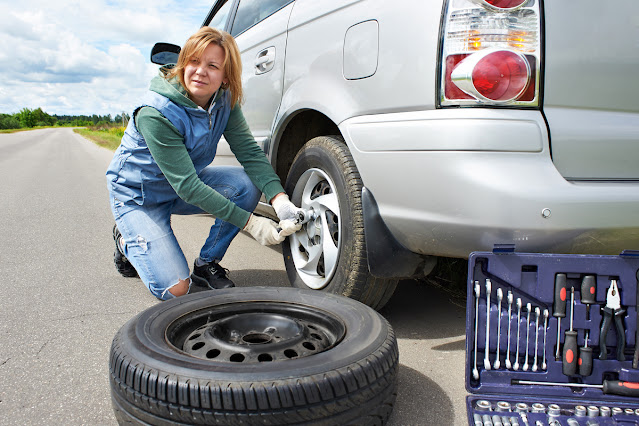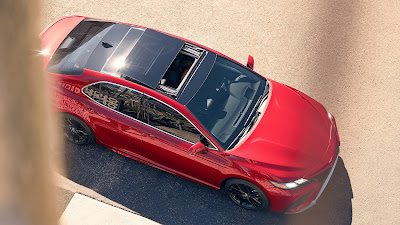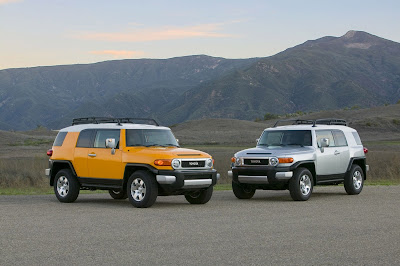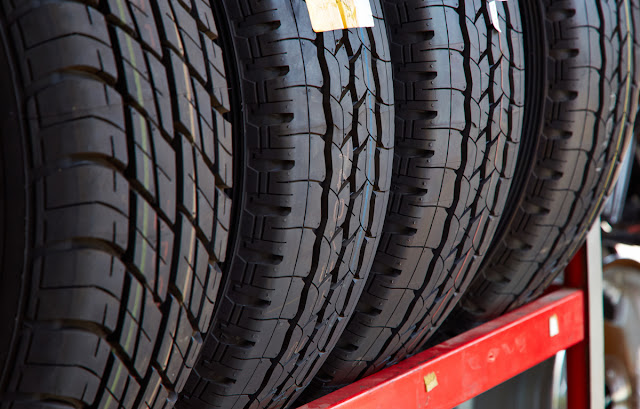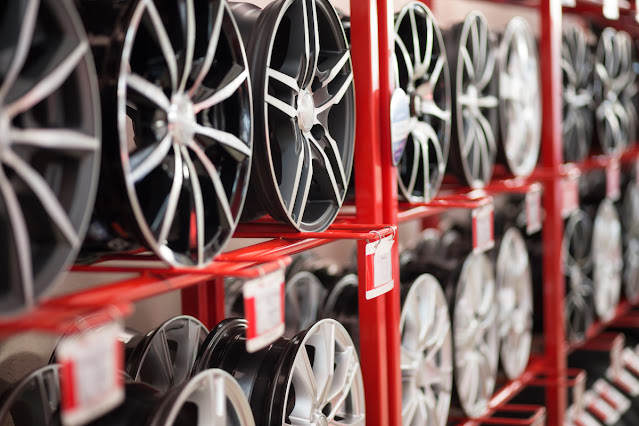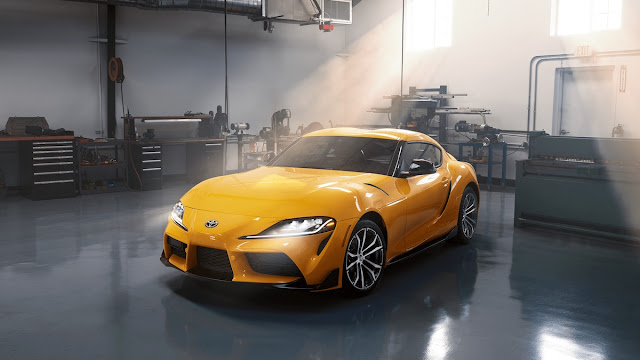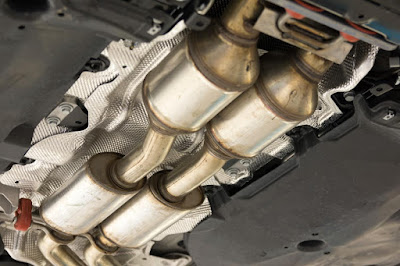When it comes to roadside emergencies, you want to be prepared for anything. This is especially true if your travels are taking you out on the highway, onto rural roads, or into a nighttime driving situation. Having the tools you need to deal with a roadside emergency on hand will be invaluable (and save you a ton of stress and money, too). Toyota of Orlando is here to talk about your car emergency kit; specifically, we're giving you tips on how to build and maintain one so you're truly ready for anything.
How to build your own custom car emergency kit
When you build a car emergency kit, you want to ensure it encompasses things you'll need not only for your vehicle but also for yourself when there's an emergency situation. Here's what we recommend keeping in your kit for you and your passengers:
- A well-stocked first aid kit
- A few emergency (or even normal) blankets
- Dried snacks, like granola bars or trail mix
- Bottled water
- A pen and paper (in case you need to write down accident details, etc.)
- A spare phone charger
- A paper map in case you're not able to utilize your map apps
- Work gloves to protect your hands
- Hand sanitizer or sanitizing wipes
- A flashlight (and carrying extra batteries is never a bad idea)
And it doesn't hurt to have a poncho or umbrella and an extra pair of shoes on hand, just in case you find yourself in a situation where the weather is bad.
As for your car, you'll definitely want to have certain supplies stocked in your car emergency kit. Here's what our Orlando auto service experts advise that you both have in your kit AND know how to properly use:
- A set of jumper cables
- A spare tire, a lug wrench, and a jack
- Emergency tire inflator and sealant, like Fix-A-Flat
- A tire pressure gauge
- Rope or a tow strap
- Extra coolant and an extra quart of oil
- A small tool kit for repairs or at least a multipurpose tool
- A few old rags
- A spare fuse or two
- A small empty - we repeat, EMPTY - gas can
- Roadside flares, glowsticks, or reflective triangles to alert other drivers to your presence on the road
- A roll of duct tape
- A small foldable shovel (and if you're driving in winter weather or going off-road, a bag of kitty litter to go along with the shovel)
- A car fire extinguisher
We also advise that you keep a car escape tool (one that can cut seatbelts and break windows) in your Orlando Toyota, too. However, don't store this in the trunk with your supplies; instead, leave it in an easily accessible place inside the cabin.
You should store your car emergency kit in a sturdy canvas bag OR a strong box or basket in the trunk of your car and make sure you go through it regularly to check supply levels and if needed, swap things out.
Shop for car emergency kit supplies at Toyota of Orlando
Have questions or want to put together your car emergency kit? Toyota of Orlando's parts department can help! We've got everything you need. Call us at (407) 298-0001 or stop by 3575 Vineland Road, just off I-4 across from the Millenia Mall.


